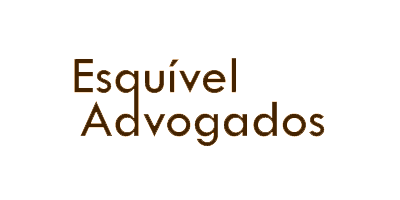In this digital age, access to information is critical for the inclusion of all individuals in society. However, we are frequently confronted with audio and video content that can present barriers for people with auditory impairment, oral comprehension difficulties, or those who prefer to retain information through reading. In this context, transcription services play a critical role, allowing for the efficient and timely conversion of audio and video to text, ensuring greater accessibility and inclusion.
The significance of transcription services
Transcription services have proven to be essential in ensuring that audio and video content is understandable and accessible to a wider audience. By providing a written version of the content, transcription allows people with hearing impairments to access the same content as those who can hear it, as well as those who prefer to retain information through reading. Furthermore, transcriptions can be translated into several languages, allowing people of all cultural backgrounds to enjoy the content.
The value and efficiency of Upwords' services
Upwords stands out among providers of transcription services on the market for its accuracy and efficiency. The company invests in advanced technologies, together with specialized personnel, to ensure that transcriptions are completed accurately and in a timely manner. Upwords uses cutting-edge speech recognition algorithms, as well as a highly skilled team of transcribers, to ensure that each word is captured precisely and faithfully to the original text.
Benefits of transcription for accessibility

Accessibility: Transcribing allows those with hearing loss to have equal access to content, providing equal opportunities for education, entertainment, and information.
Improved understanding: Even for people with full auditory capacity, reading transcripts can help with comprehension and retention of information.
Flexibility: With transcription, you can benefit from the content from any location and at any time, without relying on a constant internet connection, audio or video devices.
Translation and worldwide accessibility: The transcriptions can be translated into several languages, allowing people from many cultures and linguistic origins to access the content.
Accessibility is a fundamental right, and transcriptions enable those with hearing impairments and those who prefer to read to have equal access to content in audio and video. Furthermore, transcriptions can be translated, broadening the scope and global inclusion. As a result, transcription services are critical for making content more accessible and benefiting a broader audience.




























